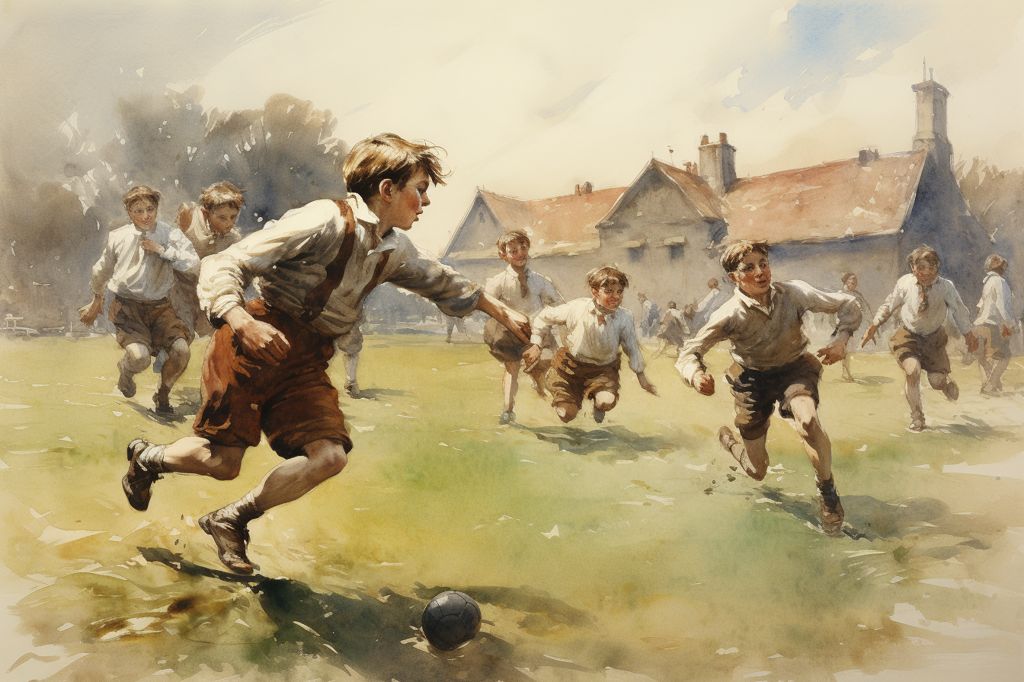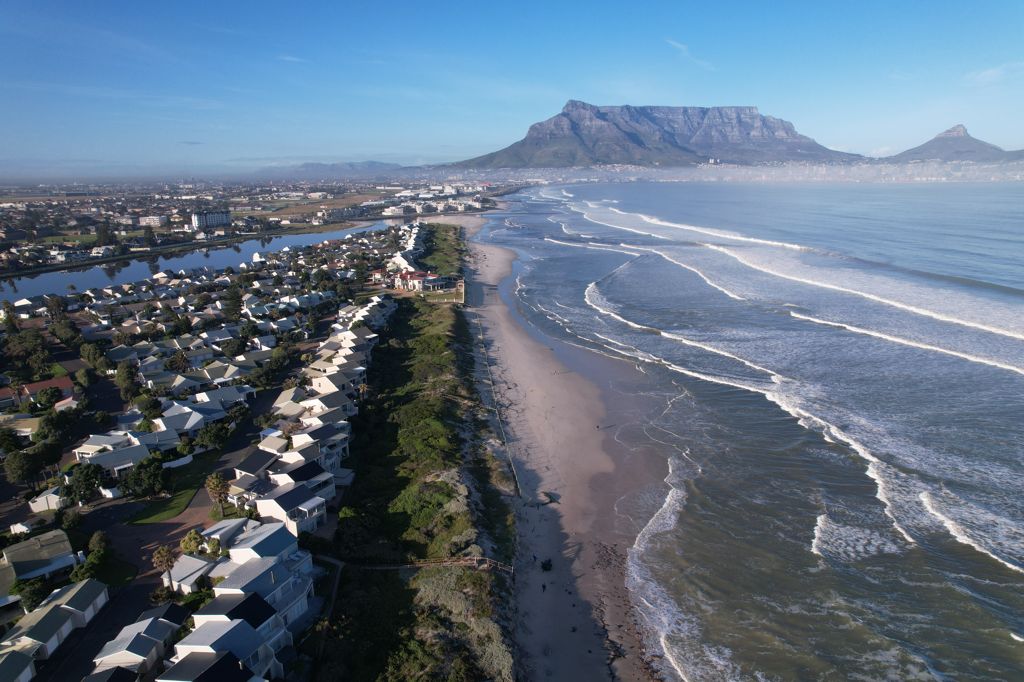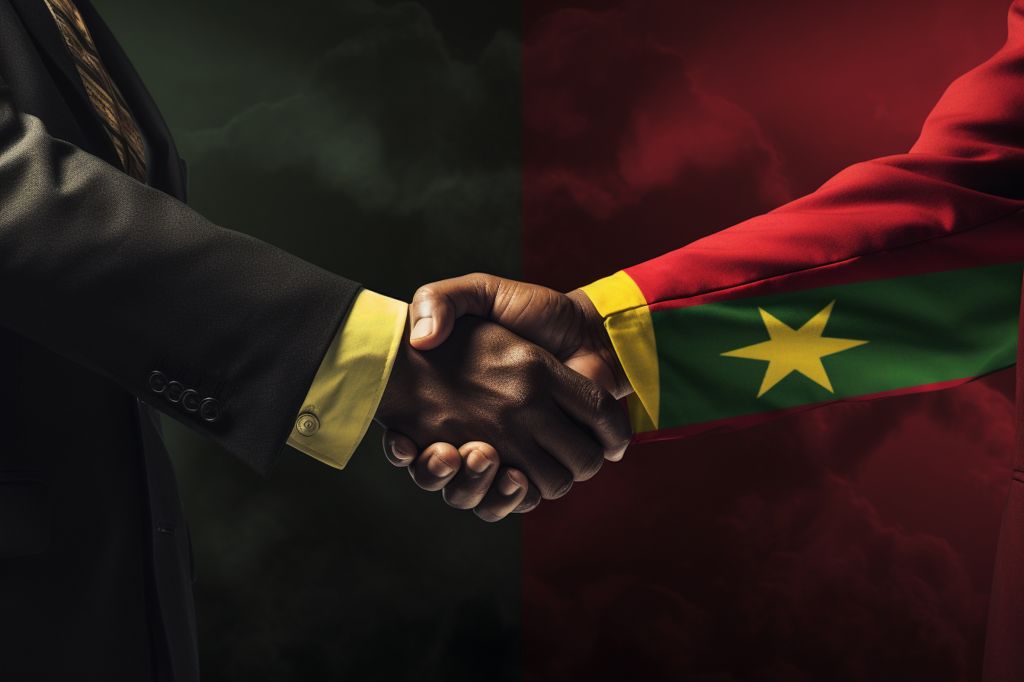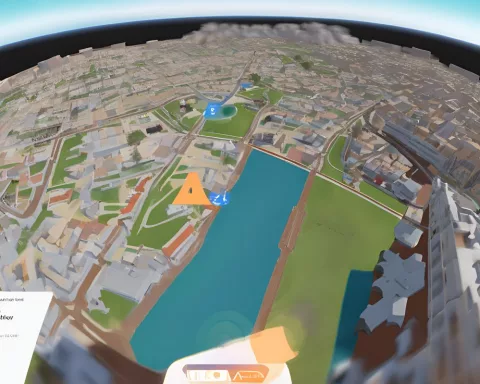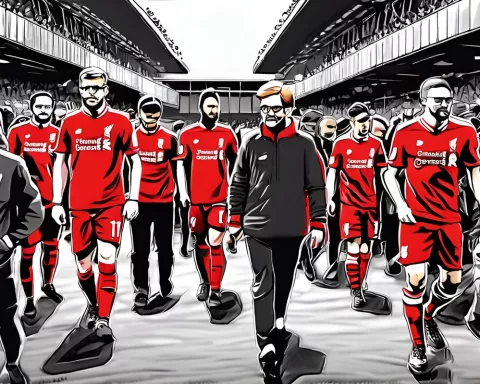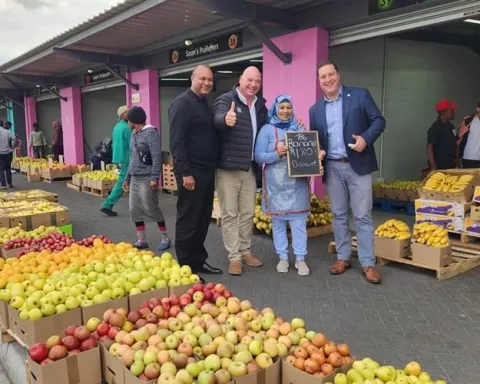The Department of Sport, Arts and Culture hosted the groundbreaking National School Sport Indaba, which concluded on September 15, 2023. This significant event in South African sports history witnessed a commitment from all attendees to work together to create and implement a plan for a sustainable school sport system in the country. Led by Minister Zizi Kodwa, the gathering included renowned sports leaders, educators, international experts, government representatives, former athletes, and activists, united under the compelling theme, “Towards an integrated and united school sport system.”
The National School Sport Indaba set out to achieve several goals in its quest for a unified vision. Among these were the development of guidelines for a new Memorandum of Understanding between the Department of Sport, Arts and Culture, the Department of Basic Education, and other key players in sports and education. The conference also aimed to develop a new implementation model and procedures for school sports, delineate the roles and responsibilities of all parties involved, and establish integrated priorities for the school sports sector. An essential aspect of these discussions involved local and international stakeholders sharing their knowledge and experiences in developing school sports and integrating them with community development initiatives.
A crucial element of the indaba’s success was the adoption of a new theory of change, which underscored the need to address all obstacles to achieving an inclusive, accessible, and high-quality school sports system in South Africa. The event culminated in several essential resolutions, including strategies for policy, resources, development pathways, stakeholder relationships, and governance and transformation within the school sports realm.
Fostering Policy, Resources, and Development Pathways in School Sports
To provide a robust policy framework, the Department of Sport, Arts and Culture and the Department of Basic Education agreed to cooperate on the implementation and monitoring of a collaboration agreement. Regarding resources, the indaba recommended constructing school-based sports facilities that align with broader community spatial designs, making the best use of existing school infrastructures, and fostering private-public partnerships through a suitable model.
The primary focus of development pathways was to enable children to play regularly. Educators should lead school sports, and capacity should be built among all stakeholders through formal training programs. The indaba also advocated for the introduction of Physical Education as a standalone subject.
Strengthening Stakeholder Relationships and Ensuring Governance and Transformation
In terms of stakeholder relationships and structures, the indaba proposed the creation of a national macro body for School Sport. This organization would receive support from the Department of Sport, Arts and Culture, the Department of Basic Education, and the South African Sports Confederation and Olympic Committee (SASCOC). Lastly, regarding governance and transformation, the indaba aimed to regulate the integration of South Africa’s fragmented school sports system.
Minister Kodwa emphasized the importance of the National School Sport Indaba, stating that it set the stage for developing a school sports blueprint in South Africa. He underscored the critical role of school sports in national sports development and the necessity of their inclusion in the school curriculum. As mentioned in the National Development Plan, both School Sport and Physical Education are vital to the nation’s advancement.
Kodwa also expressed confidence in the indaba’s outcomes, stating that they laid the foundation for collaboration among government, sports and education sectors, commercial entities, community organizations, and civil society partners. Their combined efforts will contribute to the establishment of a sustainable national school sport program, ensuring a bright future for South African sports and the nation’s youth.
The full declaration and pledge of the National School Sport Indaba will be accessible on the Department of Sport, Arts and Culture’s website and digital platforms, heralding a new era of unity and progress in the South African sports scene.

